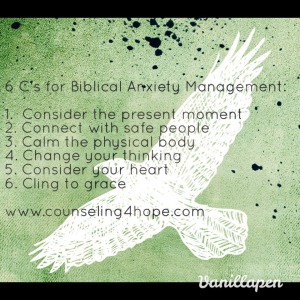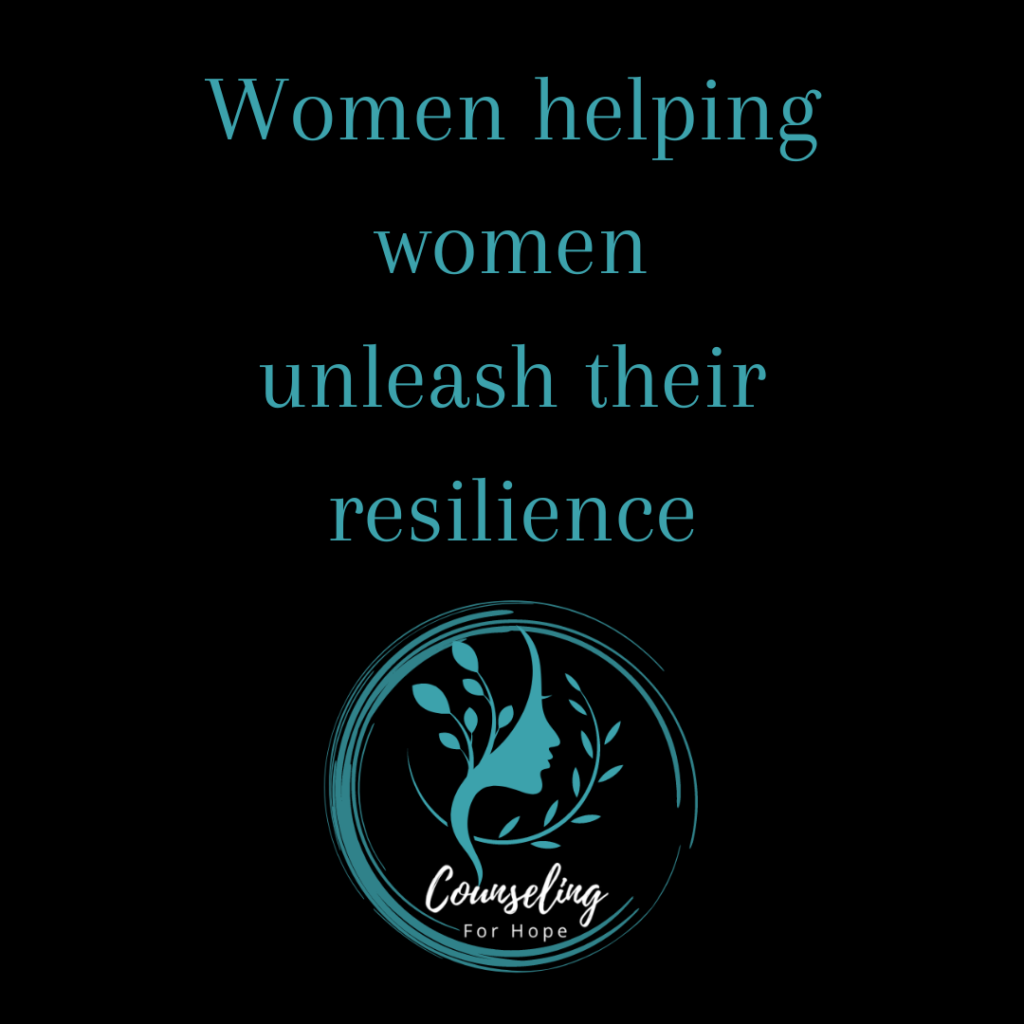Feeling anxious? Want to learn calming skills? Not sure what to do? Anxiety can be a very miserable experience because of the physical process that goes along with it. Keep reading to learn why what you might have tried before doesn’t work and what can work.
What Does Not Work and Why
Often we think we need to solve the problem creating fear and anxiety to calm our fear and anxiety. This is a problem for several reasons:
- Focusing on the problem or your body’s response to this problem grows the fear and anxiety. Especially if the problem is out of your power and control to solve.
- When your sympathetic nervous system is activated and preparing for fight or flight, you lose the ability to think rationally and calmly. As a result, finding solutions or shifting your focus to solvable problems becomes challenging.
What Does Work
So what do you need when your body is escalating in energy? You need to slow it down. Then, your mind and emotions will follow and you will be able to think more logically. The first indications of anxiety will be found not in your mind but in your body. Therefore, learning calming skills designed to slow down your body is the fastest way to calm your emotions and mind. Below you will find calming skills videos that help you learn how to do this through a variety of skills that focus on helping your physical body slow down.
Slow Your Breathing to Calm Your Body
In this video, I share how to slow down your body by slowing down your breathing.
Step 1: take a long slow deep inhale for a count of 4 (visualize you are inflating a ballon in your stomach).
Step 2: hold your breath for a count of 4.
Step 3: Exhale firm and hard for a count of 6.
REPEAT.
Do this for at least 5 minutes and more if needed.
Add Visualization to Breathing to Help Calm
This video focuses on enriching breathing by adding visualization.
Many find this to be extremely helpful.
I will walk you through how to do it and let you practice it.
This video teaches a skill that helps us tune in better to our emotions
by paying closer attention to where they show up in our body.
Take a minute to scan your body to see where the emotion is.
Watch the video to see how to shift your physical and emotional experience with this skill.
Want to read more on anxiety? Check out my other blogs. Live in Texas and want to work with me? Click on the right to schedule a new client phone consultation and send me an email.

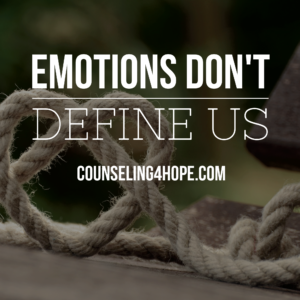


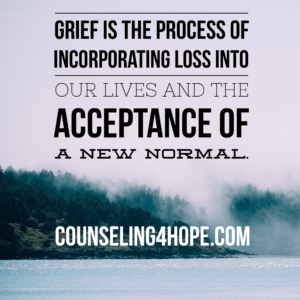

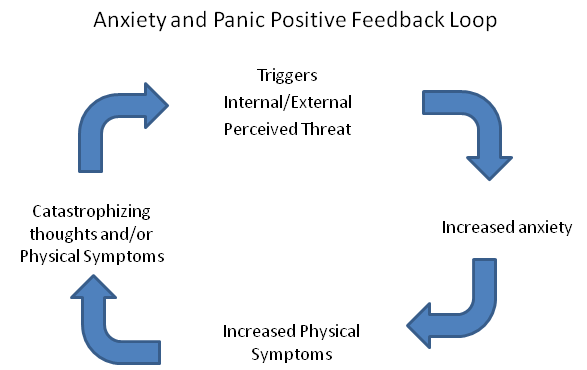 Now, understanding anxiety is helpful but what someone struggling with anxiety really needs is in the moment help!
Now, understanding anxiety is helpful but what someone struggling with anxiety really needs is in the moment help! 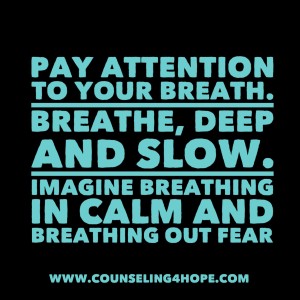 Calm the physical body: The physical response to anxiety is so overwhelming that it’s extremely scary. Fear is a physical experience because our body is preparing to fight or run. That is a natural and normal response to fear. When we experience fear: all the blood in our body moves to our legs, our breathing and heart rate increase, and certain hormones are released. This all happens to protect us but often in our culture, we don’t need to run or fight. So how can we short circuit this physical cycle? With deep slow breathing. Take a deep slow breath in (count to 4)….Hold (count to 4)…Breathe out slow (count to 4). Repeat as many times as needed, till the anxiety comes down. Pay attention to your breath…imagine you are breathing in calm and breathing out fear. Practice this type of breathing when you are not anxious so it is easier to do in the midst of panic. Scripture tells us we have the power to calm ourselves in the face of fear. “I have made myself calm and content like a young child in its mother’s arms. Deep down inside me, I am as content as a young child…put your hope in the Lord both now and forever.” Psalm 131:2-3
Calm the physical body: The physical response to anxiety is so overwhelming that it’s extremely scary. Fear is a physical experience because our body is preparing to fight or run. That is a natural and normal response to fear. When we experience fear: all the blood in our body moves to our legs, our breathing and heart rate increase, and certain hormones are released. This all happens to protect us but often in our culture, we don’t need to run or fight. So how can we short circuit this physical cycle? With deep slow breathing. Take a deep slow breath in (count to 4)….Hold (count to 4)…Breathe out slow (count to 4). Repeat as many times as needed, till the anxiety comes down. Pay attention to your breath…imagine you are breathing in calm and breathing out fear. Practice this type of breathing when you are not anxious so it is easier to do in the midst of panic. Scripture tells us we have the power to calm ourselves in the face of fear. “I have made myself calm and content like a young child in its mother’s arms. Deep down inside me, I am as content as a young child…put your hope in the Lord both now and forever.” Psalm 131:2-3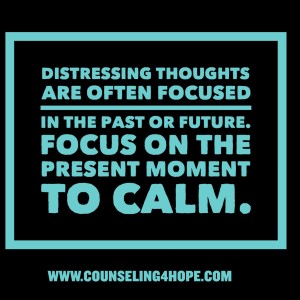

 “My soul is bereft of peace;
“My soul is bereft of peace; 




